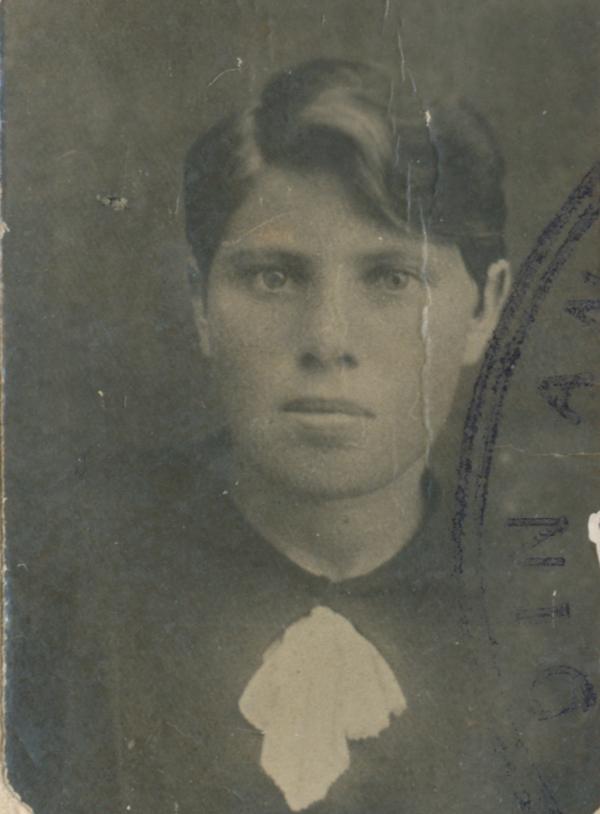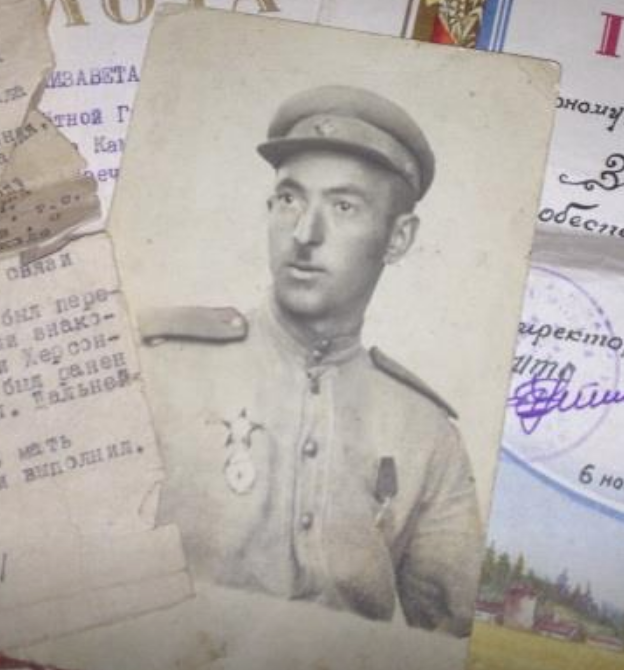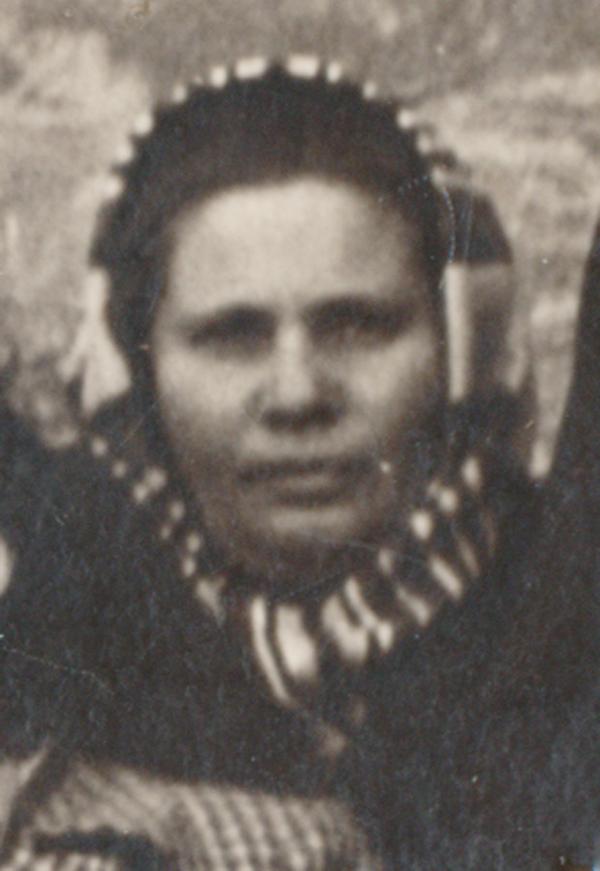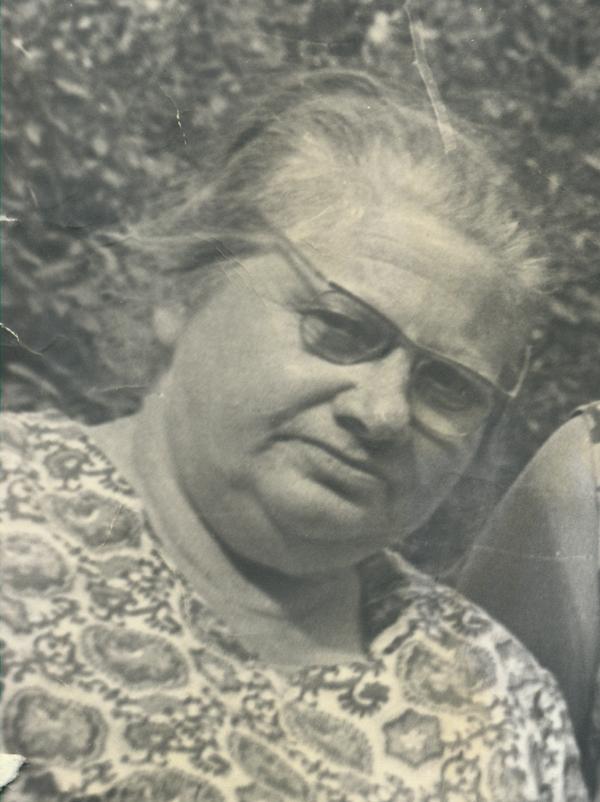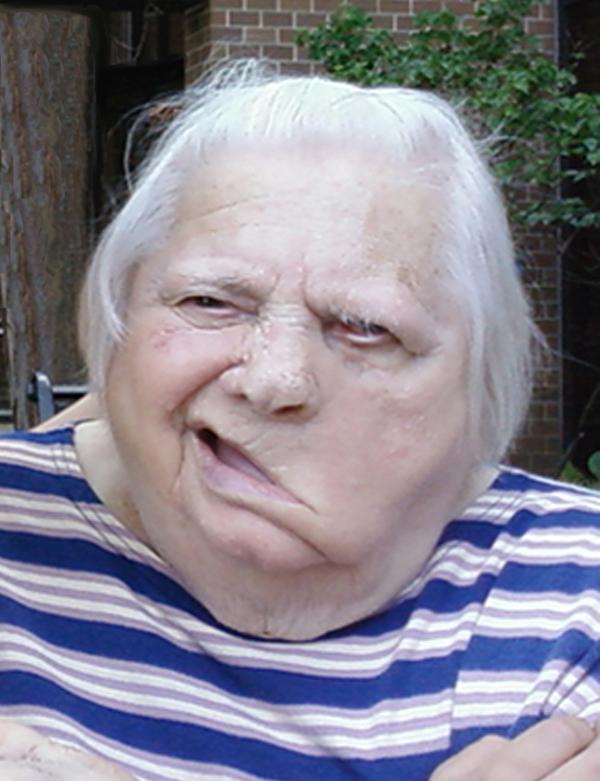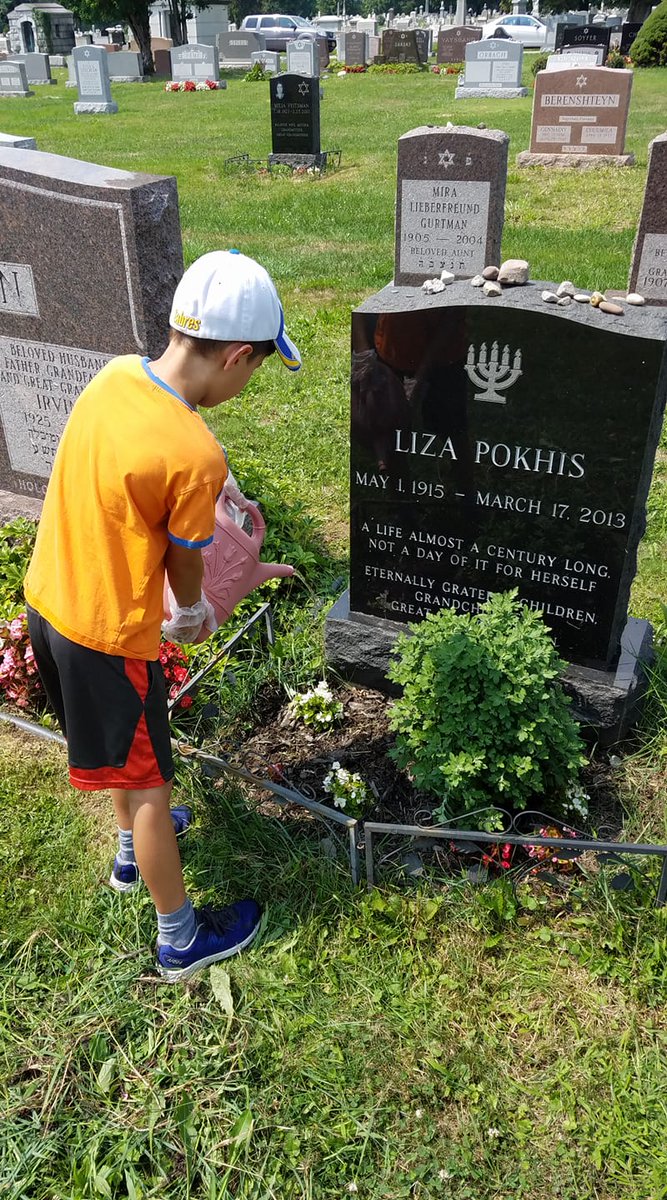Another personal thread. Previously, I have told the story of my grandfathers, both genuine, extremely badass WWII heroes, whose stories I have only recently uncovered in the Russian Defense Ministry archives. This time, I will talk about my grandma. Who was even more heroic.
Yelizaveta Pokhis was born in the Russian Empire in 1915, in a tiny Ukrainian village of no historical import and negligible population, to a family of a Jewish farmer, 5th out of 7 children. Her grandpa poked his own eye out to avoid a 25-year conscription into the Czar& #39;s army.
Three of the kids in the family were both her siblings and cousins. Their dad had lost his first wife and then married her (much) younger sister. My grandma& #39;s oldest half-sister/cousin was raped and murdered by the White Army in 1918, during a routine Civil War pogrom...
She was 18 and strikingly beautiful. But this was a normal thing in those times. In fact, my grandma& #39;s entire life was horrifyingly normal for XX cent Russia. You will find stories like hers in every family& #39;s lore. She told me these stories when I was a child, matter-of-factly...
This is 1937. Grandma is 22 and getting her 2-year degree as an agricultural technician. This is the first picture she ever took. It& #39;s for her ID papers. A few years prior she had survived Holodomor, Stalin& #39;s deliberately planned famine in Ukraine. She told me those stories too.
She didn& #39;t make a big deal out of it. "My legs were all swollen of hunger" is about the most graphic description she managed. But she loved singing a rhyme from her dorm days about the students& #39; daily meal recipe: "Millet plus H2O and potassium chloride - food for the four-eyed!"
Two of her brothers were of conscription age as WWII broke out. Both perished within the first two months of fighting. Nobody ever found the bodies. They are still officially listed as MIA. In 1941, with Red Army in frantic retreat, MIA meant "The dog tag could not be retrieved."
The rest of the family was evacuated to Uzbekistan. Railroad thieves, who did thriving business in 1941, stole most of their luggage. Upon arrival in a hot yet swampy region in an utterly foreign part of the USSR, the entire family immediately came down with malaria...
The father, an industrious, self-educated, but aging man, didn& #39;t recover. The only cemetery in the town was Muslim, and they wouldn& #39;t let a Jew in there. Grandma dug a hole under its fence and buried him herself. He fared better than many others, who died in the streets...
Other stories I heard as a child, along with amusing tales of riding camels and instructions on baking Uzbek flatbread on bricks, were graphic descriptions of evacuees, dead and dying everywhere. She said you could tell someone just died by the swarms of fleas leaving the body...
I must have been 5 or 6 when I heard all that but I don& #39;t remember having nightmares. She told these and other horrors in a calm tone of voice, with no dramatic inflection. You can imagine what folks like her did NOT consider normal or deemed altogether too traumatic...
In Uzbekistan, she used her education to get a job as a grain inspector at a local mill. Since the mill needed male manual labor, and men were in very short supply, the authorities provided slave labor from a nearby Gulag facility. They were extremely malnourished and half-dead..
Some would grab fistfuls of unmilled grain, stuff it into their mouths, and then their stomachs would swell up and they died. Guards didn& #39;t much care, but this wasn& #39;t going to work for grandma. She secretly promised the inmates to feed them real food if they stopped eating grain.
That day, she wrote off a bit of grain as "diseased", had it milled into flour and baked it into flatbread on heated bricks. This was, by law, embezzlement and theft, punished at wartime by a summary execution. The fact that the bread went to feeding Gulag inmates didn& #39;t help...
This went on for months. She wasn& #39;t caught or else managed to bribe the guards somehow. I never asked. She only talked about the prisoners. How they cried when gnawing on those tiny loaves. She was 27 at the time. Or 28. She didn& #39;t really know her birth year...
Her mom was completely illiterate, and her dad didn& #39;t follow the Christian calendar until the Revolution. They knew she was born in the spring, and that& #39;s about it.
Her youngest brother turned 18 in 1944 and was taken to war. He was being trained as a paratrooper...
Her youngest brother turned 18 in 1944 and was taken to war. He was being trained as a paratrooper...
... but broke his leg during a practice jump, which probably saved his life. He spent the rest of the war in Moscow, on a general& #39;s staff. The family took care of giving the male children the best education possible. Her brothers read books, wrote poetry, dreamed of city careers.
After the war, grandma told her youngest brother that he would study law. She packed him off to the city, sewing most of the family& #39;s cash into his coat and told him to not come back without a diploma. The brother did as told. He would become a detective...
... then, a prosecutor. His specialty was homicide. He wrote an instruction manual on investigating dismemberment murders, which I found in our apartment at the age of 11 and read. My grandma& #39;s pride in him was immeasurable. As for herself, she went back to farming...
She settled on a collective farm in a small town in Moldova, as a head of a grain inspection lab, which she built herself. Already in her 30s, short, plain-featured and stern, she married a wounded war hero who was living on borrowed time with a chest full of German shrapnel...
He conceived my mom in 1952 and died in 1953. My great-grandma, now very old and sick, grandma, pictured here at some Soviet Glorious Agricultural Workers Conference, and my mom all lived together. My mom was teaching her grandma how to read and write...
When the old woman got really sick, grandma would tie her to the bed when leaving the house, to make sure she wouldn& #39;t fall off. She& #39;d stay there, tied down, until my mom came home from school, untie and feed her. So it went, until the eldest Pokhis died...
My grandma retired with a stack of commendation certificates and a medal (the decoration order was signed by Brezhnev himself). She was once rewarded with a trip to Moscow, where she visited a Dynamo Moscow soccer match, was utterly disgusted by it and almost trampled to death...
Soon after the picture above was taken, c.1976, she suffered a stroke that left her blind in one eye, deaf in one year and with half the face completely paralyzed. All of her teeth fell out shortly thereafter. She did all the domestic chores and heavy lifting well into her 70s...
She taught me how to read when I was 3, a year after her tough and uncompromising character heavily contributed to my parents& #39; divorce. She didn& #39;t appreciate the fact that I was into sports ("Just like dad!") but she did teach me the first thing I knew about hockey...
Which was: "Canadians are terrible. All they do is spit, chew gum and fight. So disgusting..."
When we applied for a refugee visa in the early 1990s, grandma was interviewed in the US Embassy. By then, the USSR was disintegrating and our region was descending into war...
When we applied for a refugee visa in the early 1990s, grandma was interviewed in the US Embassy. By then, the USSR was disintegrating and our region was descending into war...
She spent most of the interview crying. I still don& #39;t know why, since what we were experiencing was nowhere near to what she had before. Maybe she was really convinced I would never have to go through anything resembling her life. They gave us the visa...
My grandma outlived two Russias and then three different US presidential administrations. She had a heart attack at 88, and the doctors told us that was it. She recovered, with full mental faculties, though she eventually lost mobility. She went to live in a home...
The luckiest thing about her life was she never lost any cognitive functions. She laughed and joked with her great-grandkids who grew used to her palsied face, criticized me when I grew facial hair, and talked about death a lot, because it was inevitable and not to be feared...
When the call from my stepfather came that I should get to Upstate NY, where she was living, ASAP, I drove through three states speeding like a maniac. I made it with about three hours to spare. She could no longer speak, but she pointed at my beard, smiled and shook her head...

 Read on Twitter
Read on Twitter